- Home
- Sheep's Wool Insulation
Sheep Wool Insulation
Natures Wonder Material
Sheep wool insulation is something that you’re probably aware of, yet somehow we often dismiss it when it comes to buying insulation, either to retrofit our home or when building new.
I’m not sure why we do this?
Perhaps we think it’s somehow inferior to the man made synthetic options out there. Or maybe we’re just so used to jumping in the car and buying off the shelf at the big superstores.
Whatever the reason you need to stop and start considering this wonder material.
That’s right I did say wonder material.
Sheep's wool insulation offers a huge amount of benefits over synthetic insulation materials and almost no downsides.
Sheep Wool Insulation Advantages:
- It’s 100% pure and totally natural.
- It can be used horizontally or vertically.
- It’s a fantastic sound deadening material.
- It’s Breathable.
- The natural fibres in wool hold their shape well, so they won’t sag over time.
- It’s a sustainable product.
- It won’t itch so it’s easy to install yourself and it doesn’t contain any dust or nasty chemicals. If you’ve ever installed mineral fibre insulation you’ll know what I mean when I say it makes you cough and itch for a week.
- It’s naturally fire retardant and if it does catch fire it burns much slower than traditional insulation materials and doesn’t give off any nasty chemicals.
- It has a high thermal mass - believe it or not sheep’s wool is classified as having a high thermal mass, which is a fancy way of saying it takes two to three times as much energy to raise the temperature of sheep’s wool by 1ºC than it would take to raise mineral fibre by 1ºC. So sheep’s wool can help regulate the temperature changes within your home and maintain a more consistent temperature.
- The life expectancy of sheep wool insulation is around 60 years and during that time it will hold its shape well unlike low density man made insulations which tend to slump over time, often by as much as 25%.
- Sheeps wool does not off-gas as it's not full of chemicals like man made insulations.
- While sheep's wool has been more expensive int he past it is now getting much more competitive and can be cheaper as detailed here.
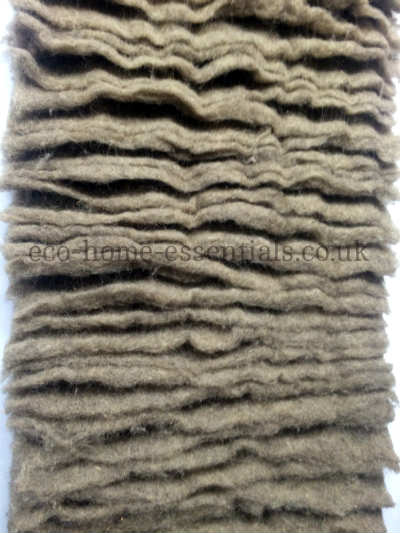 Sheep's Wool Insulation For Vertical Applications.
Sheep's Wool Insulation For Vertical Applications.Chemical Absorption:
Natural sheep wool insulation can absorb pollutants and regulate air quality within your home. Which is good news as we’re all currently obsessed with making our homes as airtight as as we can yet many of us don't add additional ventilation.
Limiting ventilation is not conducive to good indoor air quality especially as modern products such as carpets, MDF and flooring etc can give off volatile organic compounds (VOC’s) such as formaldehyde.
The fact that wool has the ability to permanently absorb formaldehyde and other VOC’s means it’s a great way to reduce their presence within your home.
During lab tests sheep wool insulation was able to remove formaldehyde at a concentration of 5 parts per million to zero within 20 minutes and it retained the Formaldehyde right up to 30ºC.
Moisture Absorbtion:
Sheep's wool is hygroscopic, so it can absorb around 25% of it’s own weight in moisture before its thermal efficiency drops. It will also release any moisture it absorbs back into the air when humidity levels drop. So it will help control humidity levels and help reduce condensation within you home.
If the surrounding air humidity levels are lower than the sheep’s wool insulation the wool will release moisture into the air. And if the surrounding humidity levels are greater than the wool it will absorb some of the humidity. This all means that your sheep wool insulation will not only keep you warm but it’ll also help regulate the humidity levels in your home and absorb VOC’s
An additional benefit of wool insulation is that when the surrounding environment is warmer than the wool and it releases moisture, it actually cools the wool slightly so it can actually help regulate internal temperatures when it’s warm outside.
The opposite of this means that when it’s cold outside in the winter and the wool absorbs moisture the wool actually generates additional heat and so can out perform many of the man made insulations.
Acoustic Benefits:
In addition to helping heat and cool your home, wool insulation is also a good noise suppressant and performs better than many man made noise reduction materials.
Typical u-values:
When installed in a cold roof configuration, 300mm deep (i.e 100 mm between joists and 200mm over the joists, laid perpendicular to the first layer) you could expect to achieve a u-value of around 0.13W/m²K (This figure can vary with different sheep’s wool products).
As a comparison, the equivalent depth of mineral fibre would offer a u-value in the region of 0.15W/m²K.
Conclusion:
If you’re currently looking to add insulation to your home and you want something that’s natural, itch free, can absorb and release water vapour and moisture as required, regulate temperature, provide sound proofing and absorb volatile organic compounds then sheep wool insulation is the answer.
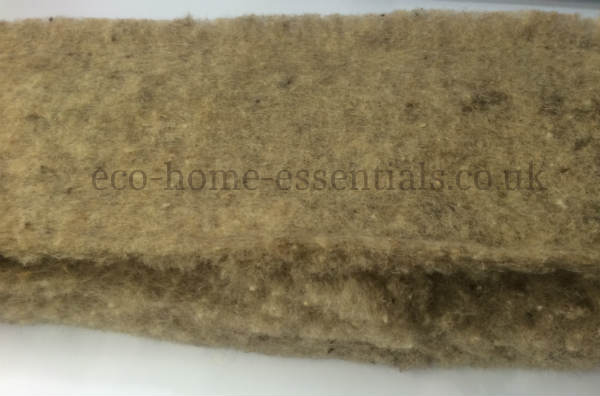
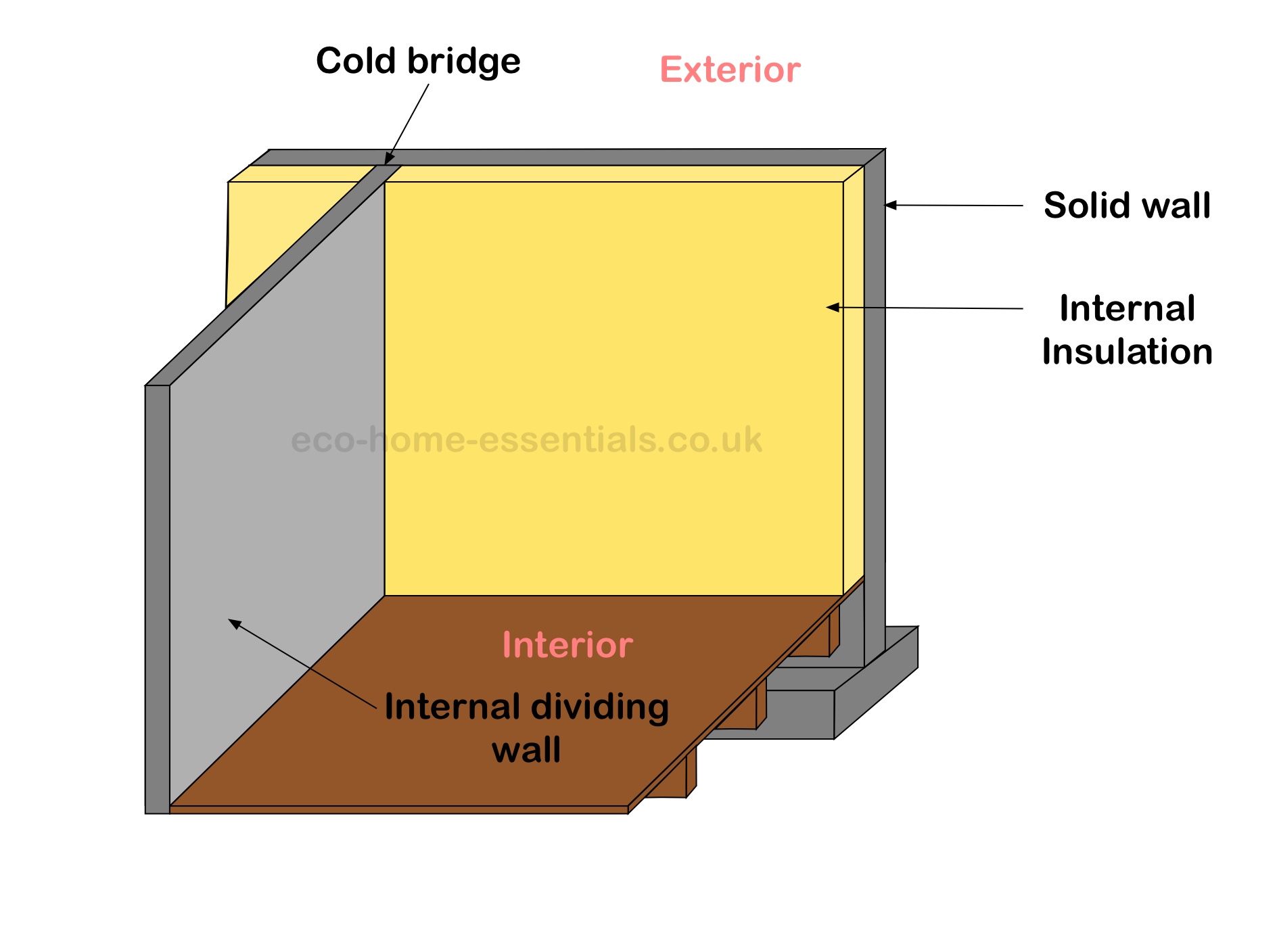
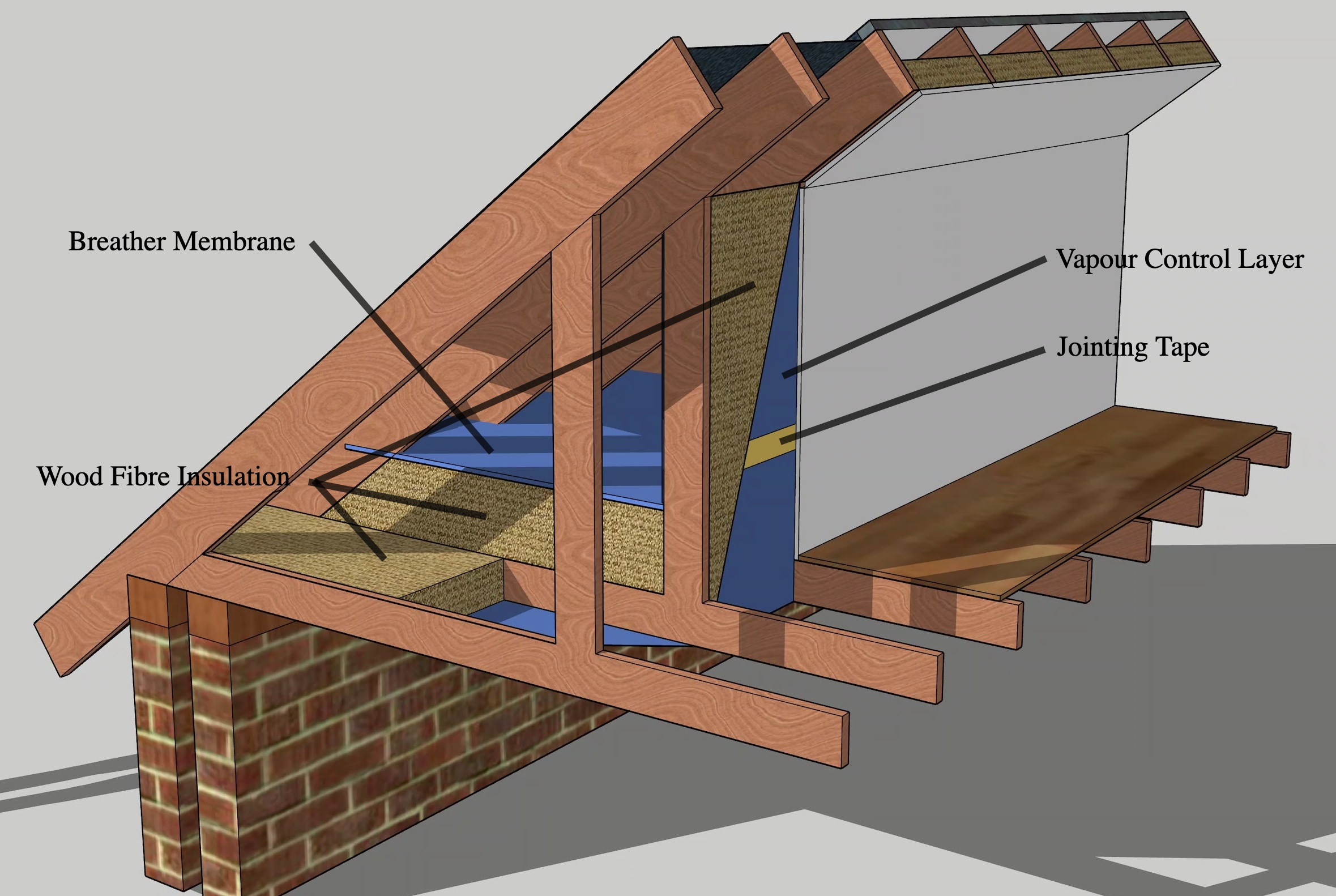
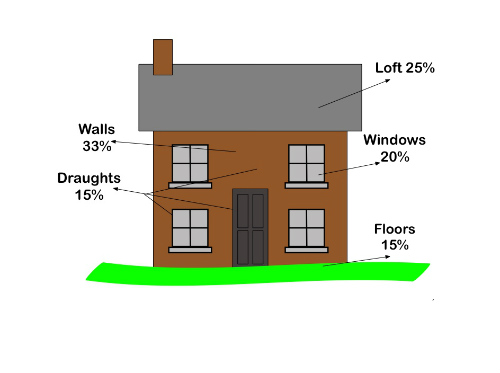
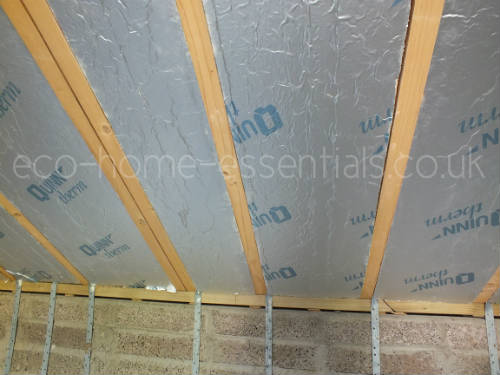
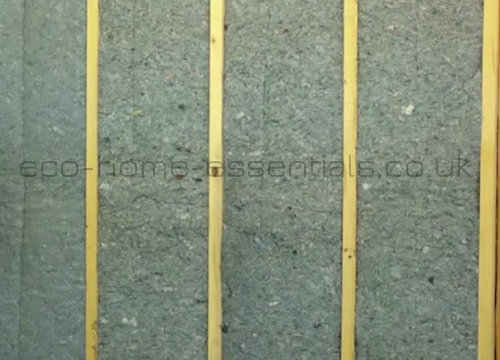
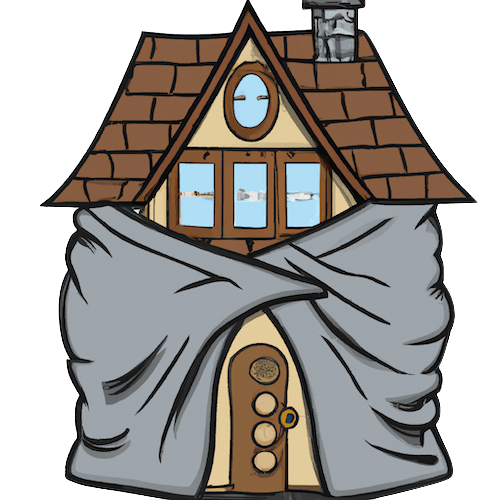
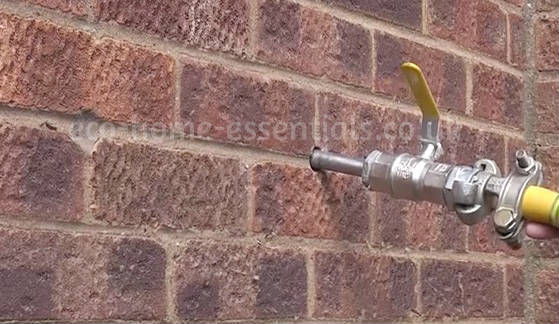
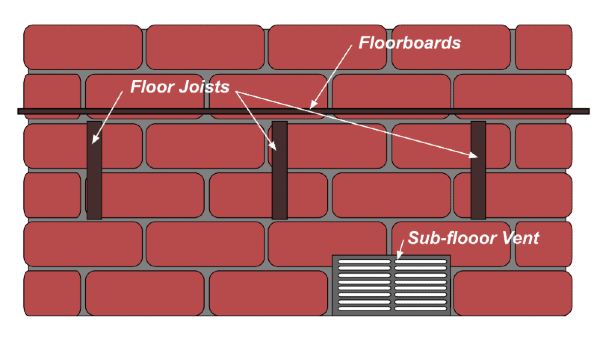
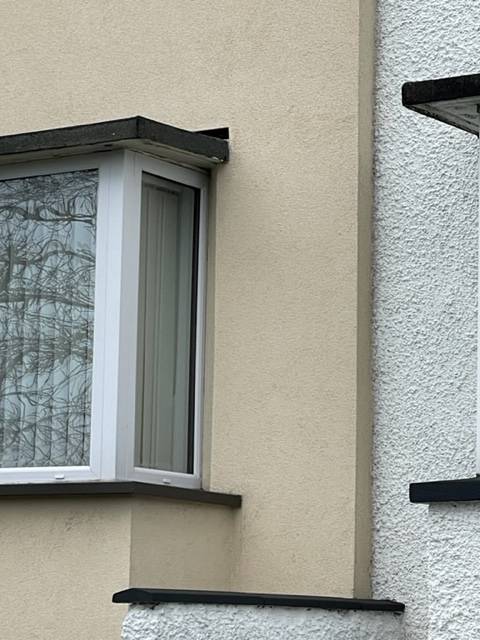
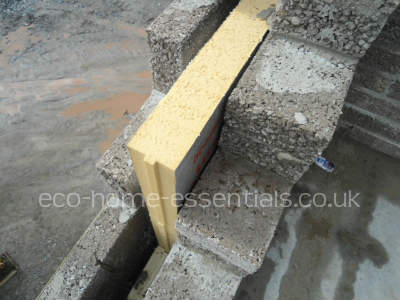
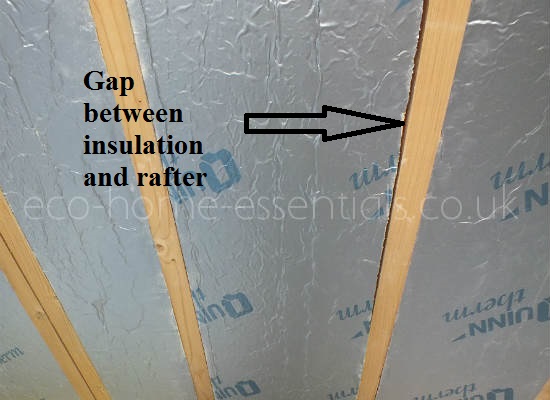
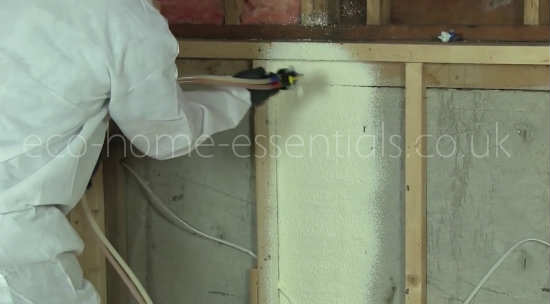
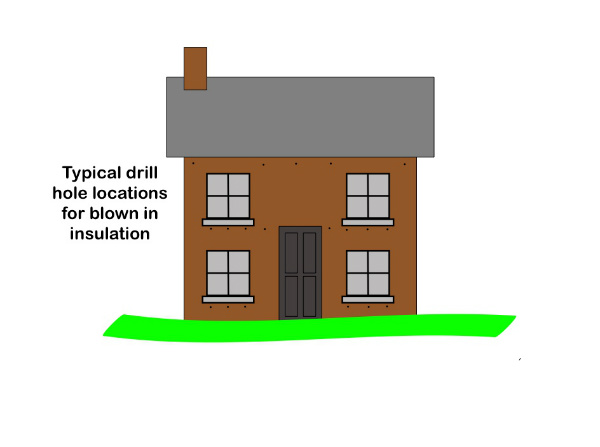
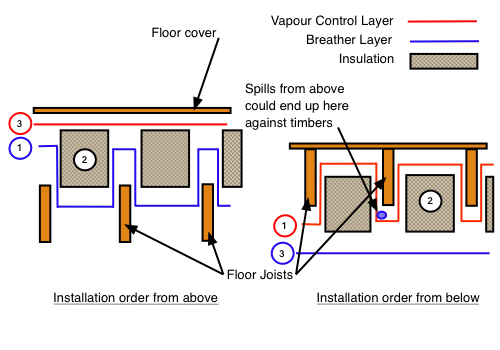
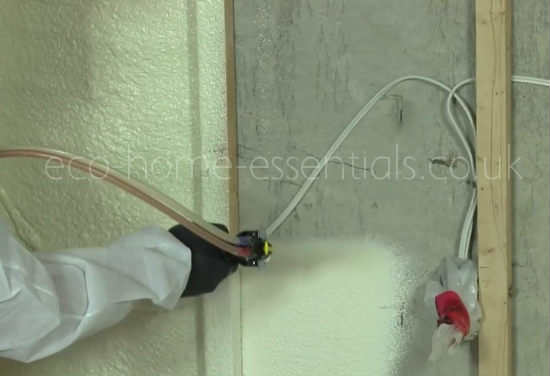
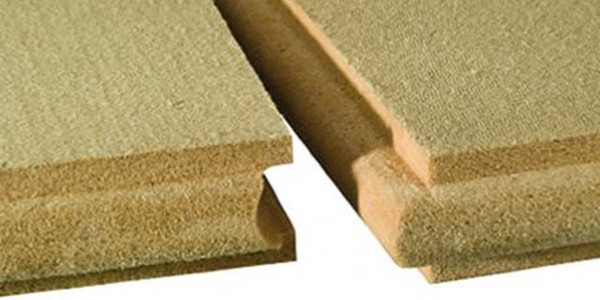
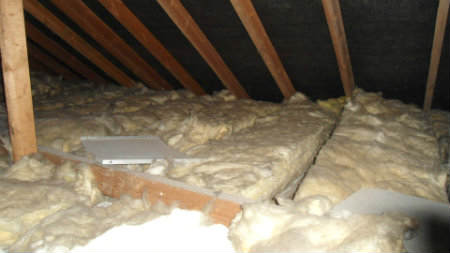
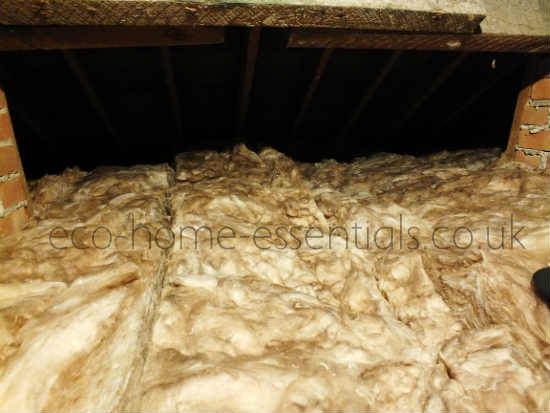
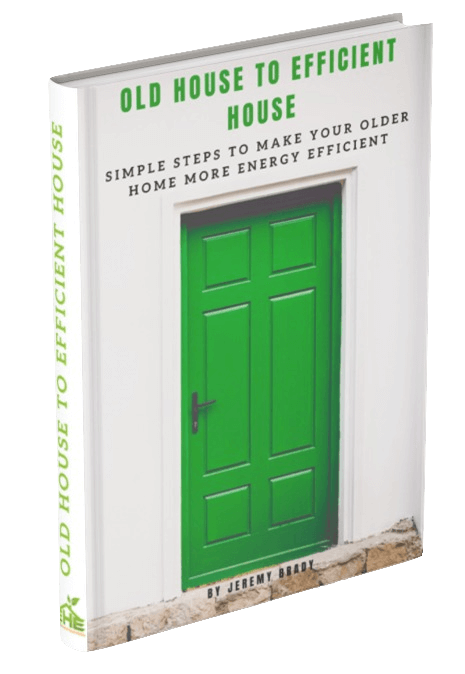




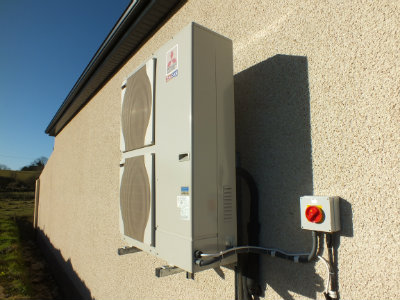

New! Comments
Have your say about what you just read! Leave me a comment in the box below.